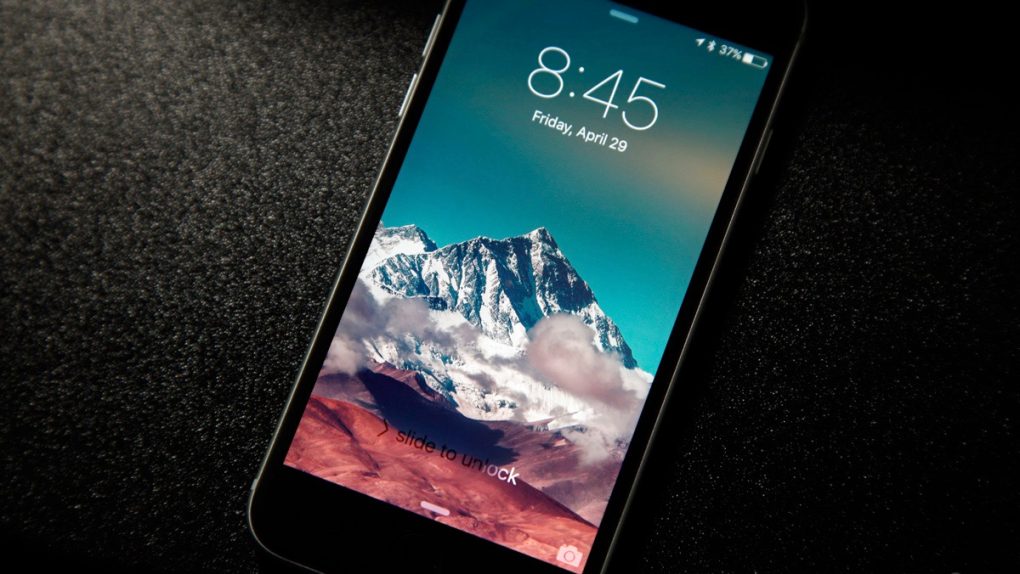Apple’s legal troubles continue to mount as more iPhone owners are joining class actions against the company or filing new ones. Apple decided about a year ago it would be perfectly okay to slow down iPhones with chemically aged batteries to prevent them from shutting down, but it failed to inform users of what was happening.
There are now 32 class action suits against Apple, according to one report, and that’s on top of government investigations that Apple will have to face in some countries.
Quoting data gathered by Patently Apple, a site that has been tracking class actions against Apple from day one, ZDNet says Apple faces 32 class action lawsuits in the US alone for slowing down iPhones.
This week, five new suits were filed, including one from Hagens Berman, the law firm who got Apple a $450 million fine over eBook price fixing.
One of the new suits filed on Wednesday cites six causes of action including fraudulent conduct, unfair conduct, trespass to chattels, breach of implied duty, and breach of covenant of good faith and fair dealing, ZDNet explains.
Of those, of particular interest is trespass to chattels, which involves physically messing with someone else’s property without permission. Back in the 1990s, trespass to chattels was expanded to include proximate interference with computer networks in lawsuits against spammers.
The San Jose-based iPhone owners who sued Apple this week alleged that Apple’s updates are a trespass of chattels, as the updates degraded the iPhone’s performance and utility:
Apple intentionally pushed iOS updates, including but not limited to iOS 10 and 11 and their variants, despite knowing that the updates imposed performance demands that the phones’ hardware could not meet, throttled the phones’ performance, and otherwise negatively impacted the performance and utility of the phones.
As a direct and proximate result of Apple’s interference with their iPhones, plaintiffs and the class suffered injury, including that their iPhones suffered a permanent and long-term degradation in performance, utility, condition, quality, and value. As a result, plaintiffs and/or class members were required and induced to purchase new iPhones and/or new batteries to their detriment and Apple’s benefit.
It sure looks like Apple is going to have a tough job navigating these class action suits. In the future, affected iPhone owners may be entitled to other reparations on top of cheaper battery replacements, if some of these class actions prevail against Apple.
Aside from US lawsuits, Apple may have to face similar actions in other markets, including Australia, Canada, France, and South Korea.








